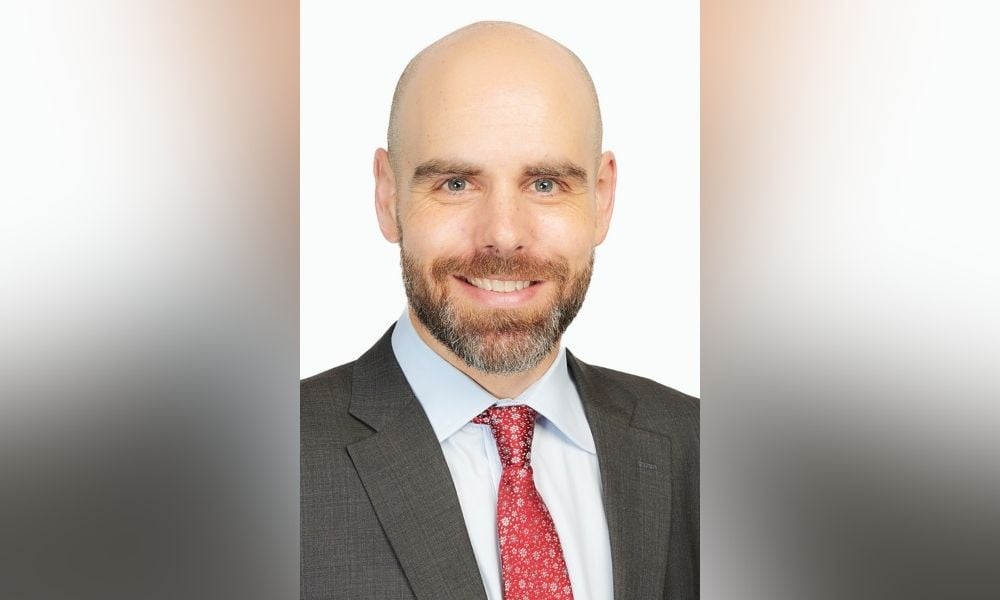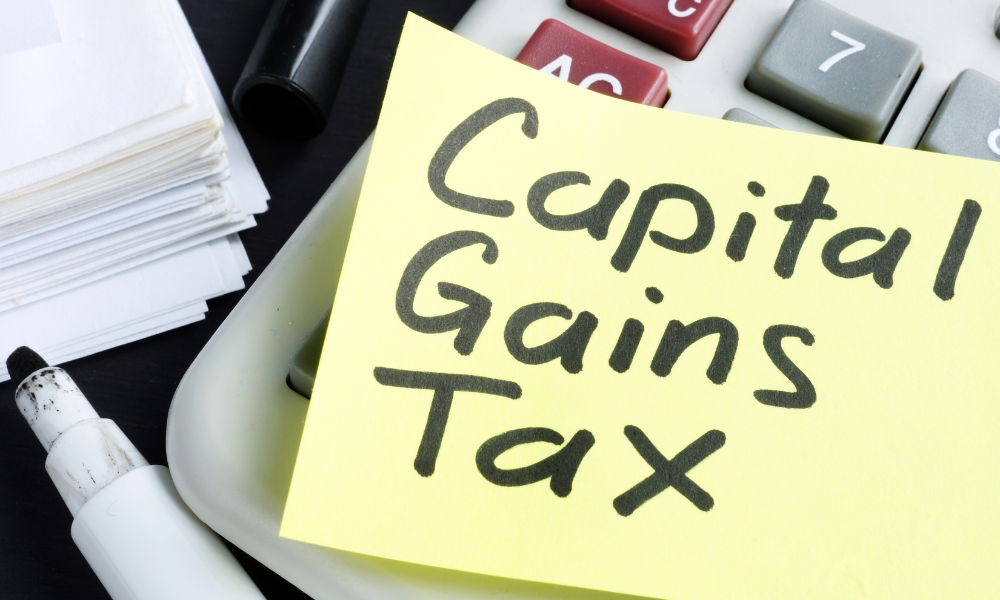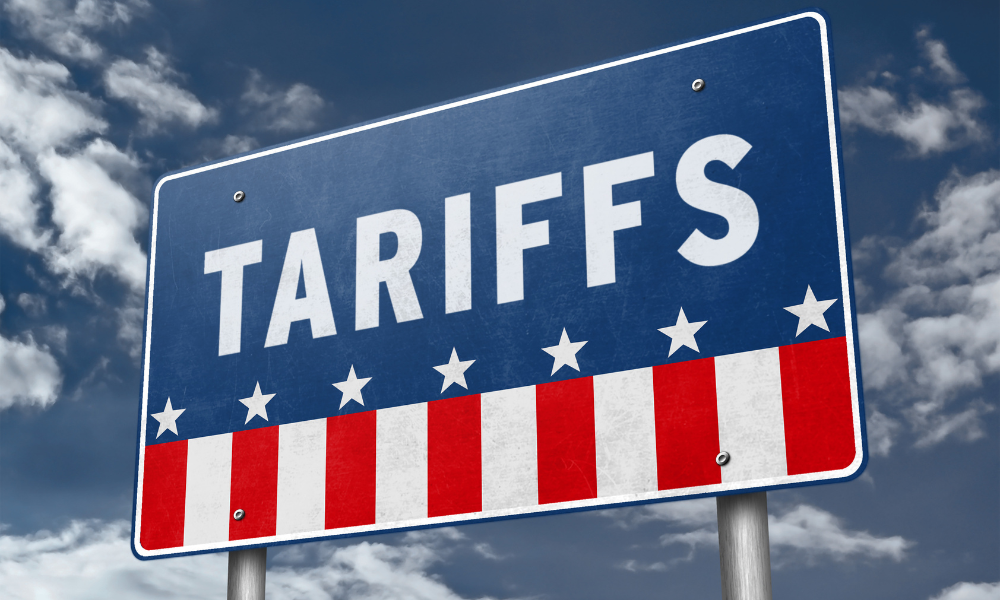Inflation may be peaking, but the economy is continuing to weaken from many factors

While inflation may be improving, we could be heading into a recession, says one chief economist.
“The economy is continuing to weaken, but maybe the inflation story gets a little bit less bad going forward, and that’s really important,” Eric Lascelles, chief economist for RBC Global Asset Management Inc., noted while commenting on his August 2022 economic outlook.
Lascelles said while inflation may be peaking, the economy is continuing to slow, causing both business and consumer economic confidence and intentions to drop this year with hiring cooling and layoffs rising. Consumer spending and construction are softening, even as the housing market and retail activity are slowing.
“In terms of hiring intentions, capital expenditure intentions, and consumer spending intentions, those are all now sharply lower, and we’re starting to see actual economic activity soften. So, not just confidence, not just intentions, but, now, the activity itself,” he said. “While we think recession is more likely than not over the next year, we’ve been saying that’s a good 75% plus probability in the North American context and even higher in the European and the UK context.”
Central banks are still hiking interest rates quickly to counter inflation. There’s continuing concern about Russia’s war on the Ukraine, and how Russia’s natural gas supply could impact Europe’s energy supply and economy next winter. COVID cases are still rising significantly, meaning production could temporarily dim again, even if there aren’t early-pandemic style global lockdowns.
Lascelles said RBC is still positioning its investments very cautiously because, even though the markets have priced in some economic weakness, they may not have accounted for all of it yet.
“That’s exactly why the stock market’s weaker,” he said. “So, I don’t think that if a recession were to happen, it would necessarily inflict huge damage on the markets. The markets are already reflecting some of the damage from the recession. So, there isn’t necessarily a lot more pain that has to be felt in response to that.”
Lascelles anticipate that inflation could become a little less intense in the coming months, partly because the central banks have already raised rates quite a bit, so may not need to proceed quite as far as previously assumed. He expects North American’s central bank rates could peak at 3.25% to 3.5% rather than the 4% previously anticipated, especially as supply chain problems resolve and key energy and commodity prices are improving.
“It’s hard for the economy to grow over the long run when you’re stuck in a high inflation environment,” he said. “So, if we can get inflation down, that’s the most important thing. It’s worth sacrificing some economic growth in the short term if that means that we can enjoy greater prosperity over the long-term. So, it’s completely correct to focus on fixing inflation first.”
RBC expects the war in Ukraine and accompanying Russian sanctions to continue for some time, thus preventing commodity prices from fully normalizing at more familiar levels.
Lascelles said RBC’s modelling is showing a 61.4% probability for a U.S. recession for the next year, but he thinks the odds are even higher.
“Some indicators are saying maybe. Some are saying probably. A few are saying no. But, it does seem more likely than not,” he said, adding that he expects it to be of middling dept. He’s anticipating a 2.5 2.5 peak to trough gross domestic product decline, which is milder than the last two recessions, even though it could take three to four years to dig out of such a recession.



